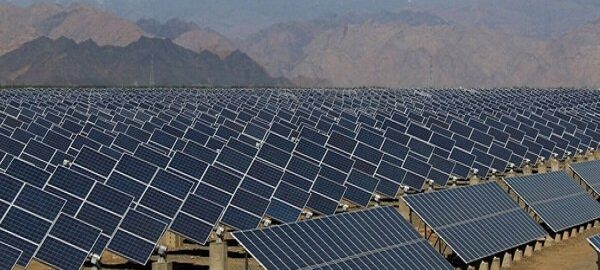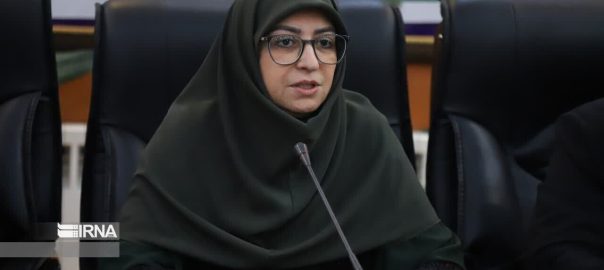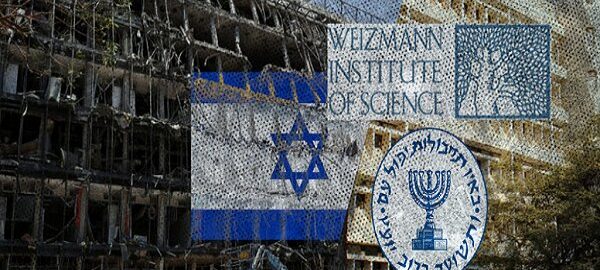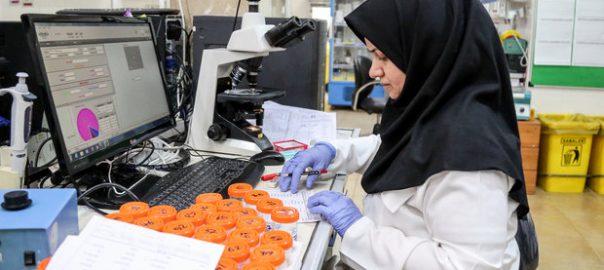Thanks to the joint efforts of national and global institutions, Iran has successfully managed to lower a large proportion of harmful UV radiation emitted through the ozone layer, the head of the Department of Environment (DOE), Shina Ansari, has said.
“I appreciate the government for approving the Kigali Amendment, the ratification of which is also being pursued by the Majlis (parliament),” IRNA quoted Ansari as saying.
The amendment requires a phase-down of the production and use of hydrofluorocarbon greenhouse gases (HFCs) to mitigate climate change.
The official made the remarks while addressing an event held on the occasion of the International Day for the Preservation of the Ozone Layer on Monday, September 16.
Iran ratified the Vienna Convention and the Montreal Protocol in 1989, the London and Copenhagen Amendments in 1996, the Montreal Amendment in 2007, and the Beijing Amendment in 2011.
The latest amendment, the Kigali Amendment, was adopted in 2016; it called for the phase-down of HFCs. HFCs were used as replacements for a batch of ozone-depleting substances eliminated by the original Montreal Protocol. Although they do not deplete the ozone layer, they are known to be powerful greenhouse gases and, thus, contributors to climate change. 190 countries have ratified the amendment so far.
Understanding the significance of preserving the ozone layer, Iran committed to playing an active role in the area two years after the adoption of the Vienna and Montreal Protocols. It shows that the life and future of humanity transcend geographical, cultural, and racial differences, and that protecting the environment is a shared and comprehensive responsibility of all states, Ansari highlighted.
The ozone treaty has been ratified by 198 parties, making it one of the rare treaties to achieve universal ratification in United Nations history, with Iran being one of its pioneers, she added.
The official went on to say that, “Over the past years, and by January 1, Iran has succeeded in eliminating imports of ozone-depleting gases and substances, eliminating more than 5.67 percent of hydrofluorocarbons. Today, we must continue to protect the ozone layer, and hope that with the restoration of the ozone layer, a safer earth awaits future generations.”
From science to global action
A number of commonly used chemicals have been found to be extremely damaging to the ozone layer. Halocarbons are chemicals in which one or more carbon atoms are linked to one or more halogen atoms (fluorine, chlorine, bromine, or iodine).
Halocarbons containing bromine usually have much higher ozone-depleting potential (ODP) than those containing chlorine. The man-made chemicals that have provided most of the chlorine and bromine for ozone depletion are methyl bromide, methyl chloroform, carbon tetrachloride, and families of chemicals known as halons, chlorofluorocarbons (CFCs), and HCFCs.
Hence, forty years ago, nations came together under the Vienna Convention for the Protection of the Ozone Layer and agreed to take appropriate measures to protect people and the planet from harmful UV radiation pouring through a potentially damaged ozone layer.
They succeeded. Based on additional scientific information, the Montreal Protocol was adopted, and chlorofluorocarbons – man-made chemicals used in refrigeration, aerosol sprays, and foam production – started being phased out, setting the ozone layer on the road to recovery.
In September 2024, the World Meteorological Organization (WMO) highlighted the growing evidence that the ozone layer is indeed on track to long-term recovery.
“The ozone layer, once an ailing patient, is on the road to recovery,” said UN Secretary-General António Guterres in a message.
“At a time when multilateralism is under severe strain, the Montreal Protocol to help protect the ozone layer stands out as a powerful symbol of hope.”
If current policies remain in place, the ozone layer is expected to recover to 1980 values (before the appearance of the ozone hole) by around 2066 over the Antarctic, by 2045 over the Arctic, and by 2040 for the rest of the world.
This year, on the International Day for the Preservation of the Ozone Layer, the historic achievement is celebrated, and we look forward to another forty years of action. The Montreal Protocol and Vienna Convention remain crucial for monitoring ozone and UV radiation levels, as well as ozone-depleting substances and other chemicals, such as hydrofluorocarbons (greenhouse gases), being phased out under the Kigali Amendment.
The ozone treaties have epitomized the concept of moving from Science to Global Action. And they will do so for many years to come.
T.T /










